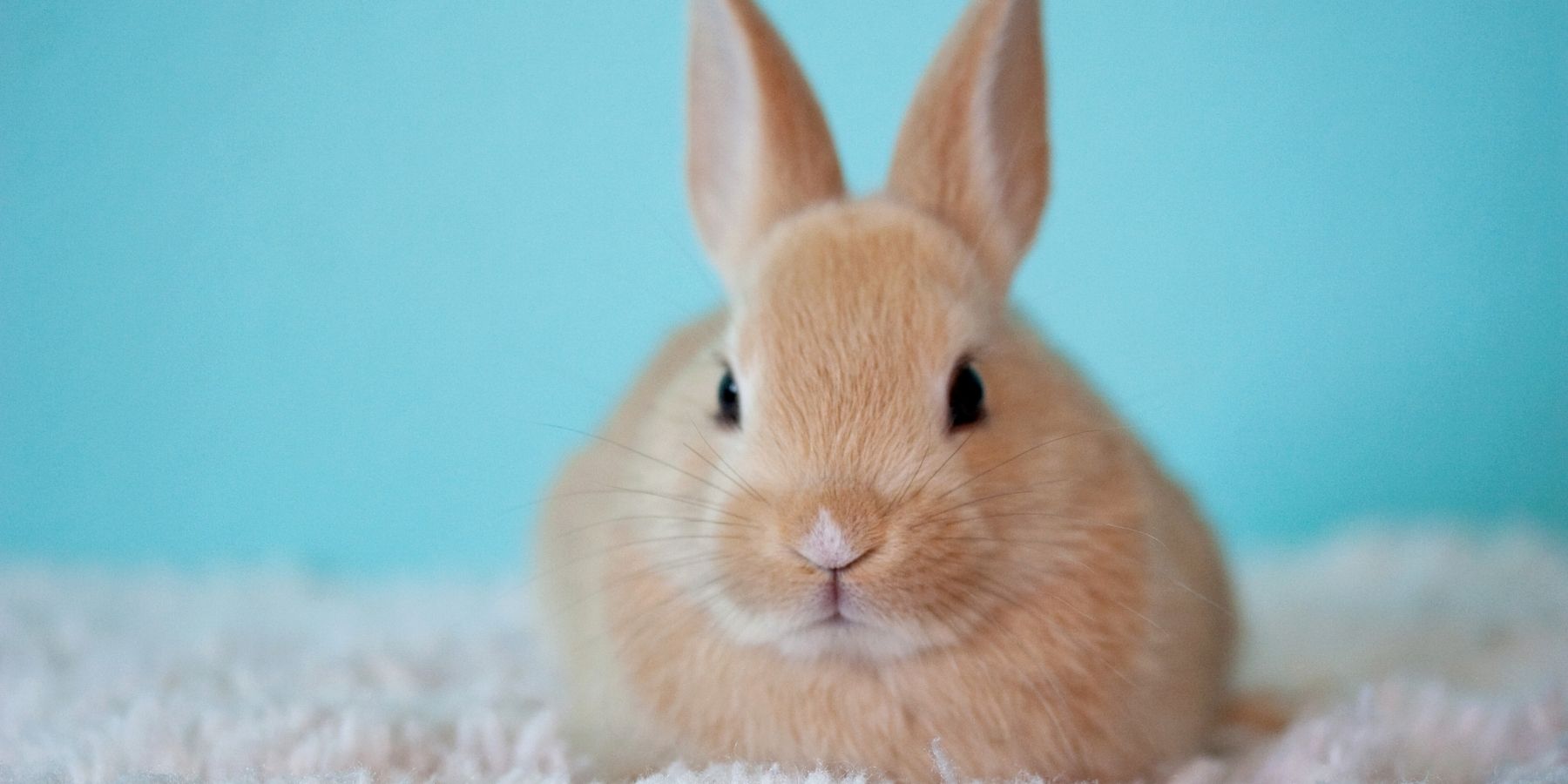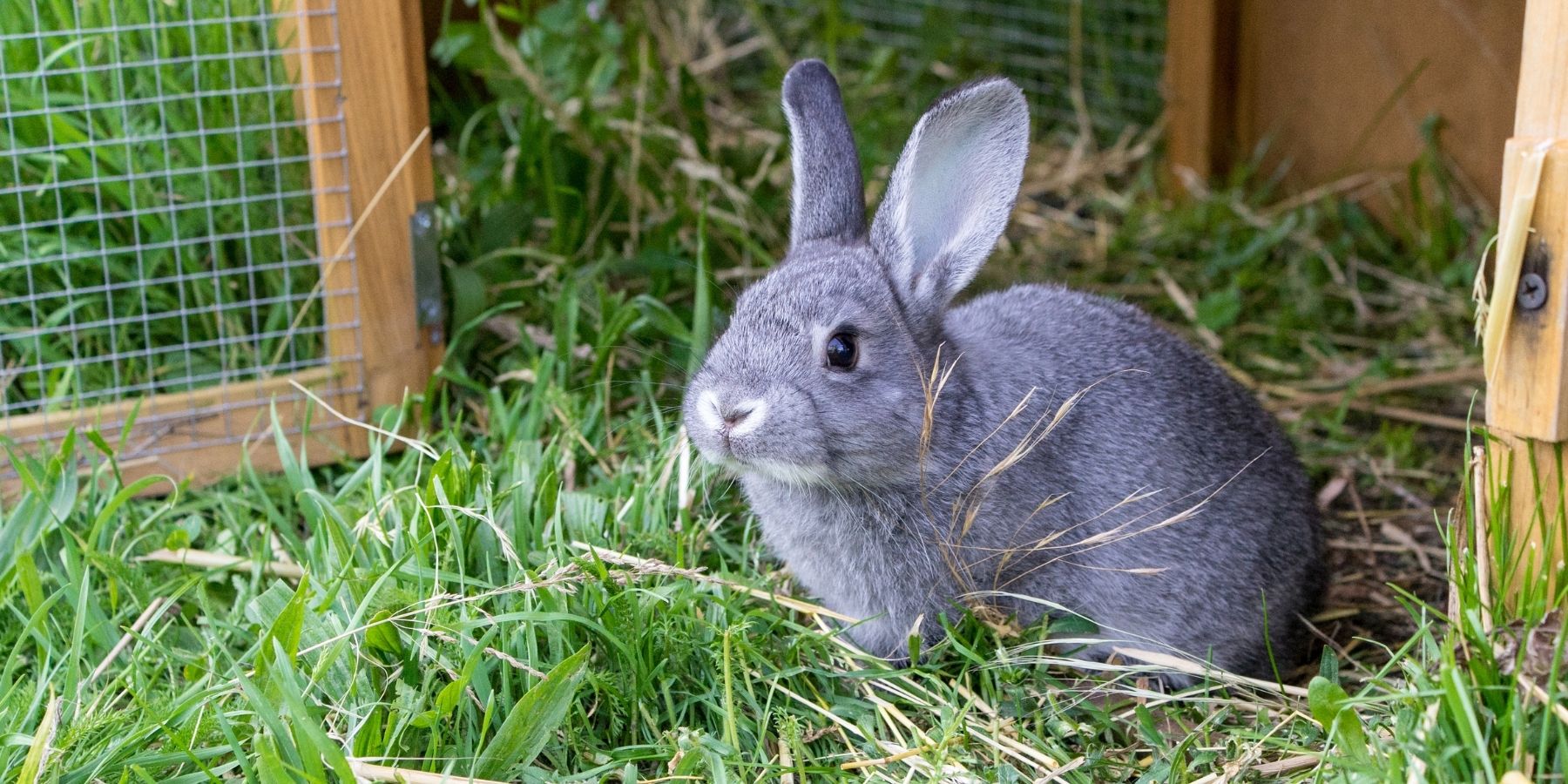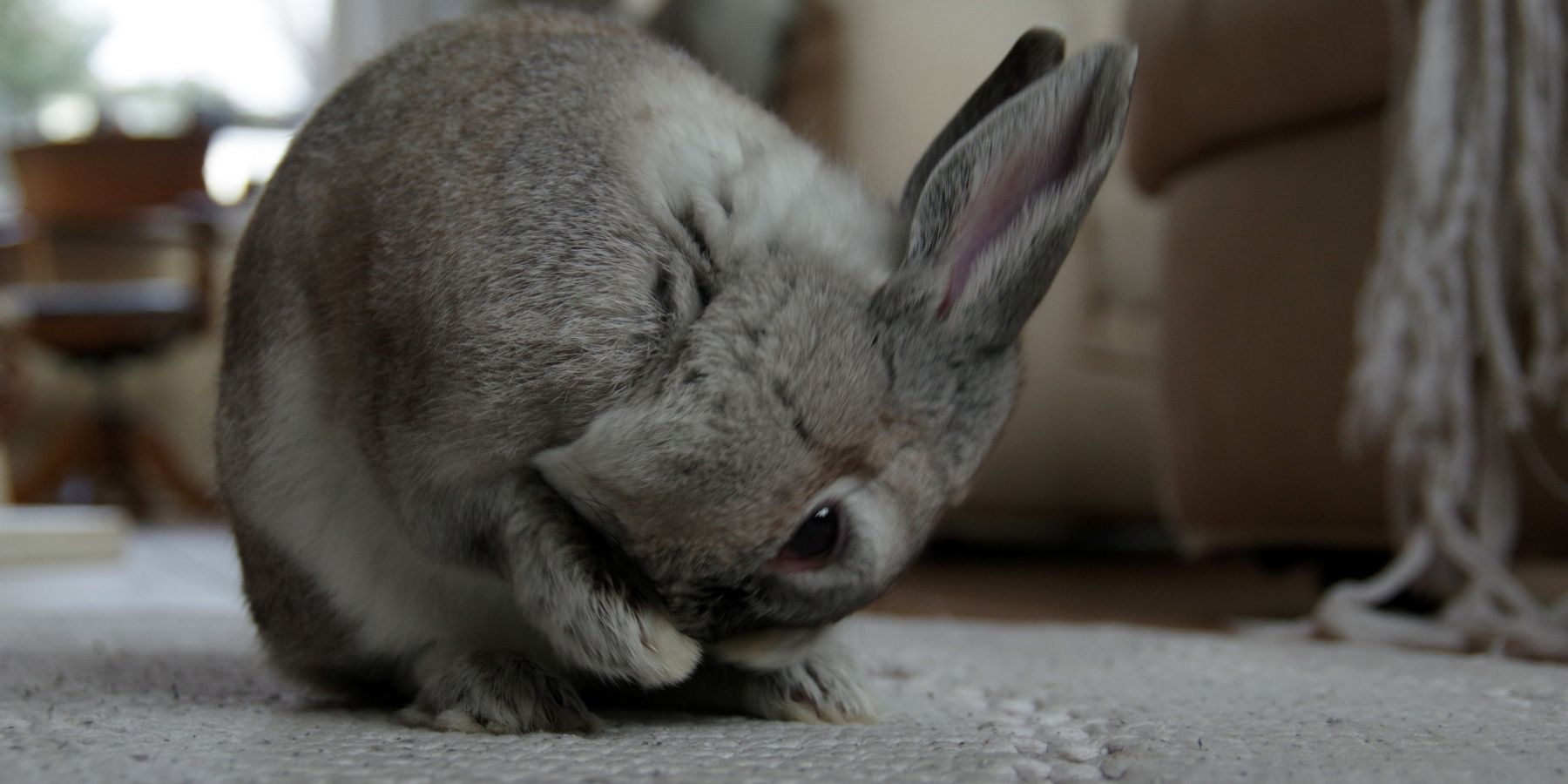Do Rabbits Get Lonely? – 5 Things To Know
Do rabbits get lonely? Rabbits are docile yet fun pets, and, understandably, you’d want a companion rabbit, so you don’t leave your rabbit alone. The simple answer is yes. Bunnies are social animals and need to have companions to thrive.
Why Do Rabbits Need a Companion?
Like all creatures, bunnies have physical and social needs. If these aren’t met, they may act out in confusing and unhealthy ways. Living with and sharing an environment with other rabbits is comforting, as rabbits feel safer when moving in a group. Because of this, in their natural habitat, many of them like to live in groups even outside their burrows for protection, as frequent security checks help them recognize potential threats.
When in groups, it is not uncommon to see rabbits sleeping together. They are more relaxed and sleep better this way. When alone, rabbits tend to sleep more alert and barely close their eyes. Remember that rabbits are prey animals, and when alone, they tend to be more alert.
Introducing other rabbit companions makes for a more interesting environment. You get to see how your pet rabbits interact with other daily. It’s much more interesting than looking at a lonely rabbit. It’s also better for your pet rabbit’s health and well-being to be in a group.
How To Tell When Rabbits Get Lonely?
The following signs can tell you when you have a lonely bunny:
Nibbling. If your rabbit nibbles on the rabbit cage bars or at your fingers, it is trying to get your attention. It usually means that the rabbit wants you to stroke or play with it.
Destructive behavior. Lonely rabbits sometimes become agitated and get angry. If your rabbit starts chewing on the carpet or the furniture, this can signify a lack of attention.
Signs of stress or withdrawal. Some rabbits become depressed when left alone for too long. They isolate themselves from their owner and do not interact, even when prompted. A depressed rabbit may also hide. A rabbit that feels lonely may pull out its hair, stop eating, and become inactive.
If you notice any weird behavior, please call or take your rabbit to a veterinarian for a checkup. These signs can also be a signal to other underlying problems.
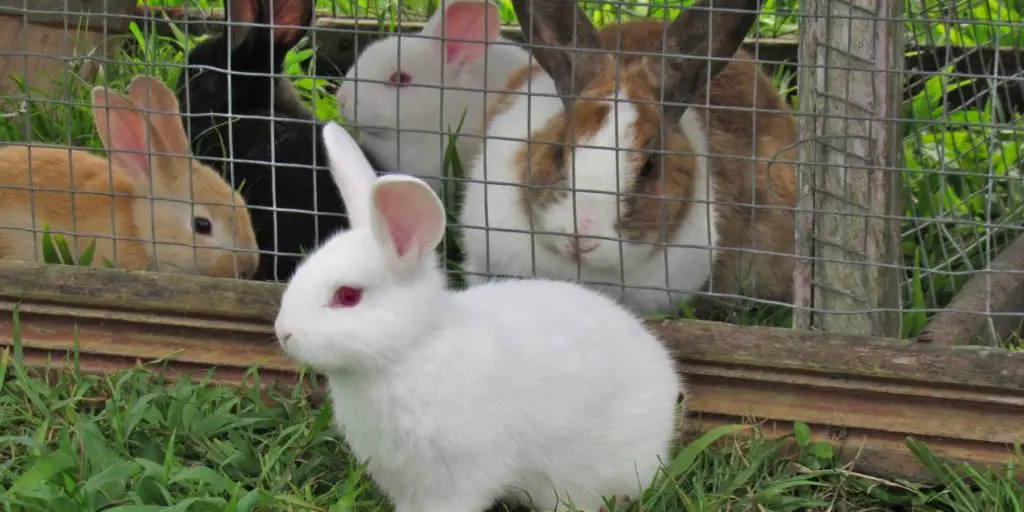
How To Introduce Companion Rabbits?
Here are some cohabitation tips for introducing new rabbit companions to an existing habitat:
Time
If you agree with the benefits added by a second rabbit, you must bear in mind that your new pet will also need a lot of your attention. Two rabbits mean twice as much space to clean, litter to change, food to buy, veterinary care to pay, etc.
Space
If you plan on getting another rabbit, consider paying more for a cage or enclosure that’s larger. While two rabbits can live together, the space they live in needs to be big enough for them to have some alone time.
Gender
Gender can be influential in successful relationships between bunnies. It is generally recommended that you pick a male and a female. If you don’t want your rabbits to breed and have lots of baby bunnies, it is a good idea to sterilize both pets.
Age
Note that age is not important. But, it is best to choose two rabbits of the same age so that they will have roughly the same life expectancy. This prevents them from being left alone for a long time after one passes.
Bring A New Rabbit Companion Home
Although rabbits are social, they are also territorial animals. For this reason, before introductions, you should give your new rabbit its own cage. The current rabbit might react aggressively if you unexpectedly introduce a new companion into the same cage.
Instead, place the new pet rabbit in a separate cage and a different area for two weeks. This will allow it to explore its new territory in peace, get to know you, and leave its scent on you. Your first bunny can familiarize itself with the new bunny’s scent through you. Keeping your new bunny in quarantine can also help keep the spread of disease at bay.
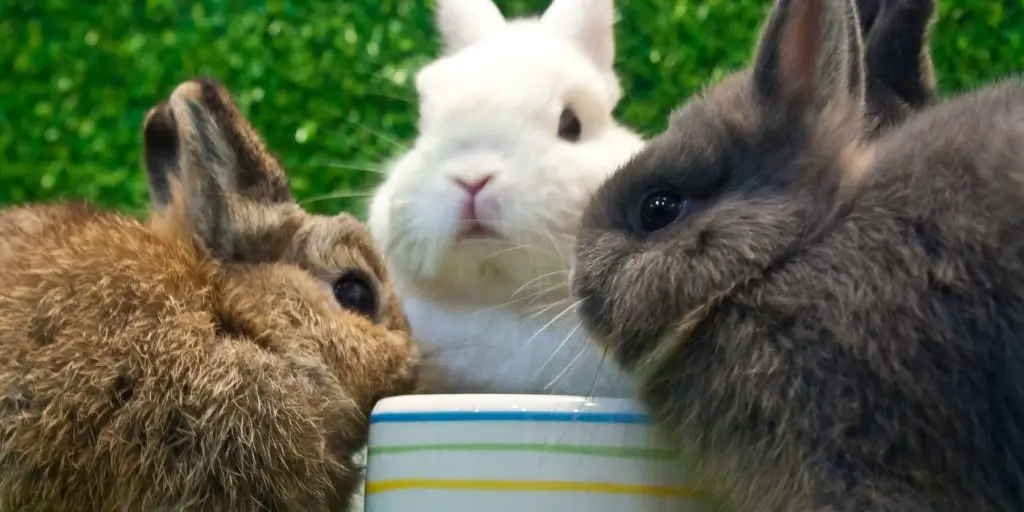
Planned Meetings
If your bunnies have finished their quarantine period, you can set up the first contact between them. To start, place your new bunny’s cage in an innocuous room.
Then you should allow your first bunny to explore this room. Leave the new bunny in its cage. Let the first bunny and second bunny interact with each other as they sniff through the bars of the cage.
If the bunnies are not showing any signs of aggression, that is a good sign. And if they are ignoring each other, that is even better. This means that the presence of the other is, without question, not a problem.
Once the first meeting goes well, it’s time to take it a step further. Place your rabbits in a neutral room (such as a hallway) and let them find each other. But remain within proximity to prevent anything terrible from happening. And don’t hesitate to give them a treat (like carrots) or two to encourage good behavior.
Be aware that these encounters may have to occur more than once over several weeks. It is best to do this to ensure that your rabbits are friendly toward each other and are ready to cohabitate. Luckily for rabbits, acceptance usually comes quickly!
How To Keep A Lonely Rabbit Happy?
If you own a rabbit and don’t necessarily want another, it does not mean that your rabbit will be lonely. But, you will need to provide more attention to your pet. So, if you can’t afford another bunny, you’ll have to make sure to interact with your rabbit. Here are some things you can do to keep a lonely bunny happy:
- Give your rabbit a big and comfortable home. Rabbits need a lot of space to thrive.
- Take your rabbit out of his cage for at least an hour a day. Rabbits need exercise. Take your pet rabbit out of its cage and interact with it every day. Be careful that it does not chew on furniture or carpet. Keep a close watch or use a special bunny-proof room.
- Do not handle your bunny too often. You might think it’s a good idea to pick up your bunny and hug it, but it’s unlikely to like it. Instead, lay your bunny on the ground and pet it or stroke it. If your bunny shows signs of discomfort, leave it alone and let it enjoy its alone time. You can buy toys to keep them entertained.
- Pet your rabbit. Rabbits enjoy being petted, for example, when they are resting after a meal. Gently stroke the forehead, cheek, or back. But be aware that rabbits do not like having their ears, stomach, tail, neck, or feet stroked.
The Bottom Line
Rabbits are social, intelligent creatures that prefer to live in groups. If you are patient and nurturing, you can get two or more bunnies to share a cage and develop a bond. This way, your bunny companions will not be lonely, and you’ll have tons more fun moments with your pets!



